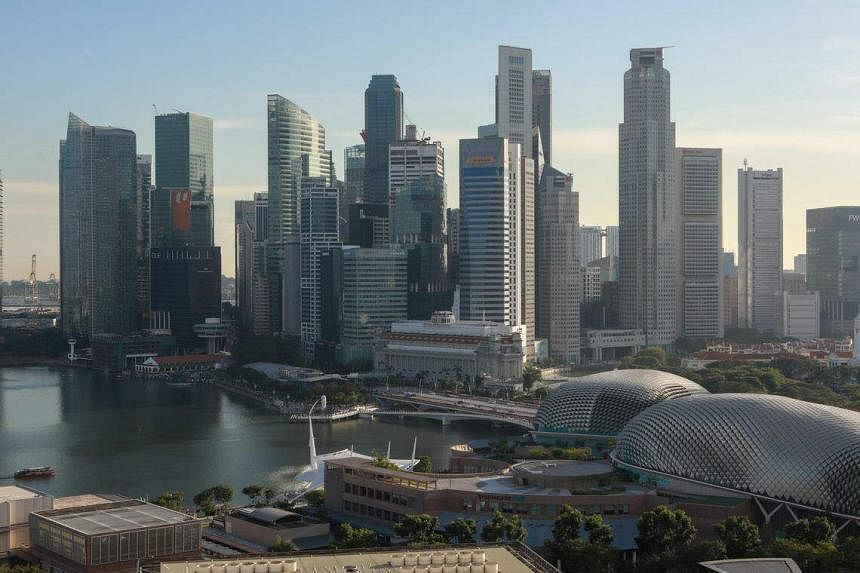[ad_1]
SINGAPORE – Slower economic growth is expected this year but Singapore should avoid an outright contraction, said Prime Minister Lee Hsien Loong.
Inflation remains high but there is some hope it will moderate in the second half of the year. Meanwhile, unemployment rates have stayed low and retrenchment numbers remain manageable, added PM Lee in his May Day message on Sunday.
“Overall, we can be cautiously optimistic about our immediate economic prospects,” he said.
As Singapore emerges from the Covid-19 pandemic, he noted, the economy continues to recover.
Last year, Singapore’s gross domestic product (GDP) grew 3.6 per cent. Hard-hit sectors are recovering rapidly, he said. Tourism and hospitality establishments are back in business, and passenger traffic at Changi Airport has reached around 80 per cent of pre-pandemic levels, and will rise further as international connectivity is progressively restored.
Core inflation eased in March after peaking in past months, on the back of lower price increases in services, food, retail and other goods.
Meanwhile, economic growth in the first three months of 2023 was 0.1 per cent year on year, prompting analysts to cut their growth estimates for the Republic amid a global slowdown.
The Government will continue to do its best to support Singaporeans, said PM Lee.
“We have made progress uplifting vulnerable workers via Progressive Wages. We will do more to professionalise skilled trades to create more pathways to success, and to improve career planning support for Singaporeans.”
He added that the Forward Singapore exercise is discussing these issues, including how to help Singaporeans improve their work prospects and resilience, and transition to new jobs and careers.
All these efforts require strong collaboration among the tripartite partners, said PM Lee, referring to the relationship among the Government, unions and employers.
The labour movement plays a key role, he said, giving the example of how the National Trades Union Congress (NTUC) worked with employers and employees during the pandemic to implement wage cutting measures, with management taking the lead in salary adjustments to help sustain businesses and save jobs.
NTUC also set up a Job Security Council to redeploy workers from pandemic-hit sectors, such as aviation, to other sectors needing more manpower like healthcare, he noted.
“Such efforts enabled us to come through Covid-19 united as one, and reinforced trust among the tripartite partners,” PM Lee said.
[ad_2]
Source link

